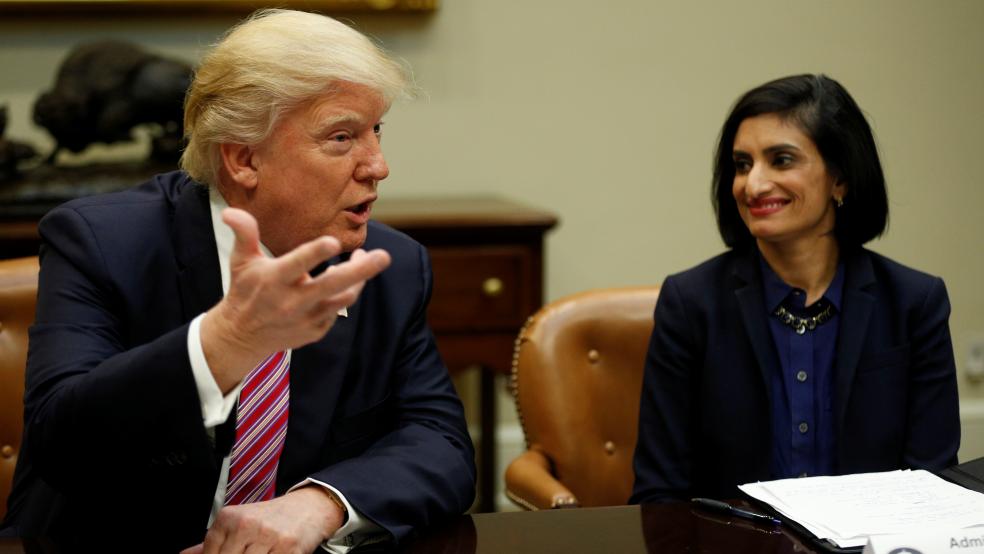The Trump administration delivered a long-sought victory to Republicans late last week by approving a request from Tennessee to receive Medicaid funding as a block grant.
As part of a 10-year “experiment,” the state will receive a fixed amount each year from the federal government to spend on health care for low-income citizens rather than a variable amount determined by the level of participation in TennCare, the state’s Medicaid program. In exchange, the state will gain more control over how it operates the program, which serves roughly 1.4 million people.
Tennessee is one of 12 states that have not expanded their Medicaid programs as allowed by the Affordable Care Act. Currently, federal funding covers two-thirds of the cost of TennCare, with the amount rising and falling according to participation levels. Under the terms of the agreement, Tennessee will receive a set spending cap determined by historical data, inflation estimates and projected growth rates. If the state spends less than it has been budgeted while maintaining benefit levels, it will share in the savings with the federal government.
Seema Verma, administrator of the Centers for Medicare & Medicaid Services, said Friday that “this carefully crafted demonstration could be a national model moving forward.”
Why it matters: Republicans have pushed for years to convert Medicaid into a block grant program, seeing block grants as a way to limit the growth of federal spending on health care while forcing states to be more efficient with their funding.
Democrats and many health care advocates oppose the effort, arguing that that blocks grants would violate the intent of the Medicaid program and allow states to spend less than is needed on the care of low-income Americans.
“No other state has sought a block grant, and for good reason,” Michele Johnson of the Tennessee Justice Center told Kaiser Health News. “It gives state officials a blank check and creates financial incentives to cut health care to vulnerable families.”
Speaking to The New York Times, Johnson said the decision comes at a particularly bad time as a pandemic rages across the country. “The only way this makes sense is in the context of the Trump administration burning everything down on their way out the door,” she said.
What happens next: It will take months to get the experiment up and running, and the state still needs to receive final state legislative approval and negotiate standards of care with the federal government. Meanwhile, President-elect Joe Biden, who has opposed the block grant approach, could seek to revoke the state’s waiver. Terminating the program could take months, though, since CMS’s Verma has taken steps to make it more difficult to end Medicaid experiments, according to the Times’s Margot Sanger-Katz.




